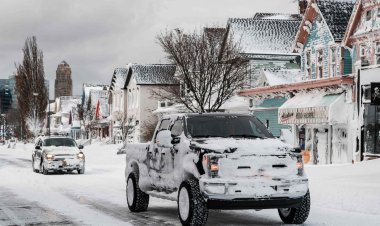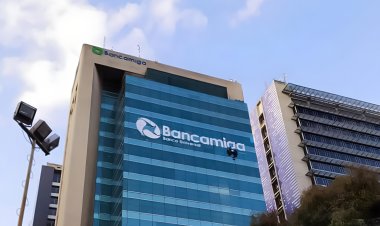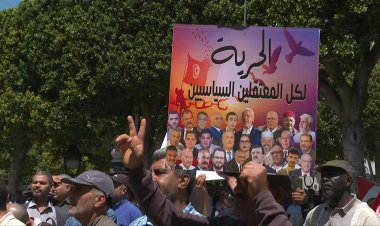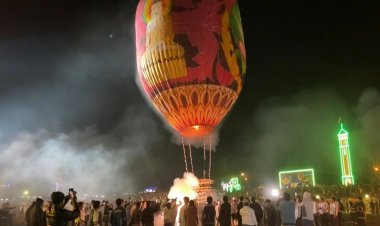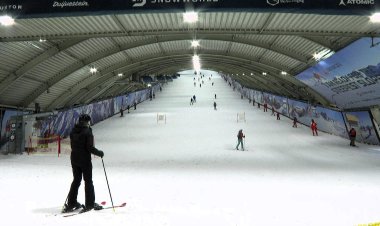Sparkling pools, empty taps: Cape Town's stark water divide

On Cape Town's beaches, swimmers shower off sand from their feet. Irrigation pipes water the region's famed vineyards. And Shadrack Mogress fumes as he fills a barrel with water so he can flush his toilet. It's been four years since South Africa's tourist capital nearly ran dry, during a drought that left the city limping towards a "Day Zero" when all the pipes would empty. Now water flows liberally -- but not for everyone. South Africa is the most unequal country in the world, with race playing a determining factor, a World Bank report said last week. The taps at Mogress's house in the township of Khayelitsha run only intermittently, and rarely with full pressure. So at 56 years old, he wakes up early to fill up a barrel while the water is running, so that his household of six can drink and wash all day. “We also need to take from that water to use the toilet, which is an insult at the end of the day," Mogress said. “We have toilets here. We have showers here. We cannot use those," he said. "Our children go to school in the morning at about 6:00 a.m. Sometimes there's no water at that time.” Mogress said he contacted city officials several times about the issues but has not heard back. “We're sitting within the middle of a pandemic here, and we do not even have water to wash our hands,” he said.
During the drought, city-wide efforts to save water created a sense of shared purpose. Everyone avoided flushing toilets, gave up on watering plants, and let their cars sit dirty for months.
"At that time, we knew that we were sitting with a problem," Mogress said. "But it is actually worse, because we do have water and we know that."
Swimming pools in Cape Town's posh suburbs do have water, but the city estimates that about 31 neighbourhoods have no access to clean water.





